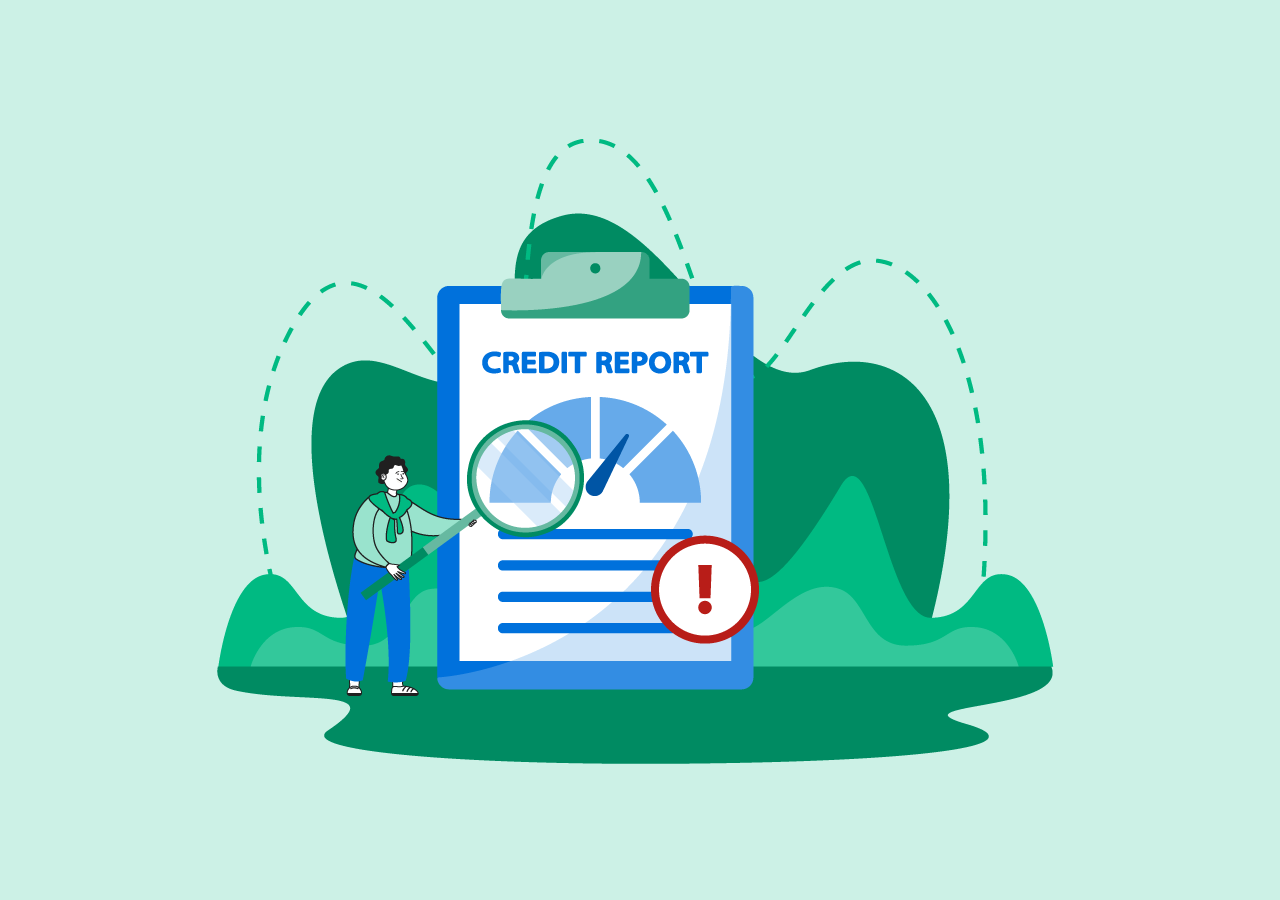Your credit report plays a significant role in your financial life. It acts as a financial report card, detailing your credit history. Lenders use your credit history to determine whether to approve your applications for loans, credit cards, or even rental agreements.
One of the most important steps you can take to improve your credit score is addressing debt collections. Collection accounts can have a negative impact on your credit score and affect credit card and loan approval. Read on as we explore what debt collections are, how they affect your credit, and steps you can take to deal with them effectively.
Understanding Debt Collections
When a debt goes to collections, it means that the original creditor—the business you originally had an account with—has given up on collecting the debt directly. They’ve contracted either contracted a third-party collection agency or sold the debt to another company.
Debt collections usually happen after you’ve missed several payments on a debt or other account. Almost any type of bill can be sent to collections, even library fines and children’s’ lunch balances.
How Collection Accounts Impact Your Credit Report
Debt collections can have a severe impact on your credit report and credit score since it shows a seriously delinquent payment. Having a collection account on your credit report can drop your credit score significantly. The number of points you lose depends on a variety of factors including: the amount of the debt, the number of collection accounts you already have, and your overall credit history.
Steps to Deal with Debt Collections
- Request Validation: When you receive a notice from a debt collector, the first step is to request debt validation. This means asking the collector to provide documentation proving that the debt is valid and that they have the legal right to collect it. Make the request in writing and send it via certified mail.
If the collection agency can’t provide proof of the debt, they’re required to stop collection activity, under the Fair Debt Collection Practices Act. That includes reporting the debt to a credit bureau. - Check for Errors: Review the details on the collection account carefully. Look for any inaccuracies or errors, such as incorrect dates or amounts. If you find any discrepancies, dispute them with the credit reporting agencies by filing a dispute online or via mail.
- Negotiate a Settlement: If the debt is legitimate and the information is accurate, consider negotiating a settlement with the debt collector. They may be willing to accept a reduced amount as a full payment or agree to a payment plan that suits your budget. Always get any settlement agreement in writing before making a payment.
- Pay the Debt: If you can’t negotiate a settlement, paying the debt in full is another option. Requesting a payment plan can make it easier on your wallet, especially if your budget is already stretched thin.
- Request Deletion: Some collection agencies automatically delete collections after they’re paid or settled. It’s worth asking whether the agency can extend this courtesy. Not all collection agencies will agree to to remove a collection, but it’s worth trying. Otherwise, the collection will remain on your credit report until the credit reporting time limit expires (seven years).
- Rebuild Your Credit: To offset the negative impact of debt collections, focus on rebuilding your credit. Make timely payments on your other accounts, keep your credit card balances low, and avoid opening new credit accounts unnecessarily. Over time, positive credit habits will help improve your credit score.
Conclusion
Dealing with collections on your credit report can be challenging, but taking steps to address these accounts is the best way to raise your credit score. You can avoid collections in the future by paying your bills on time and addressing past due balances right away. This even goes for any kind of outstanding balance, even if it’s not on a credit card or loan.
